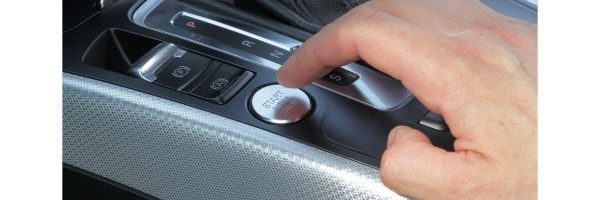If you buy a new car, chances are it will have a keyless ignition. Many consumers appreciate the convenience of a keyless ignition. However, there is evidence that these keyless ignitions can be extremely dangerous and that the auto industry is aware of these dangers and yet continues to install this feature.
What is a Keyless Ignition?
A keyless ignition system allows a vehicle to be operated without the use of a traditional metal key that is inserted in the car. Instead, a driver has a small plastic key fob that will transmit a code to the vehicle’s computer when it is within a certain close range. A car with a keyless ignition is started and stopped with the press of a button. While they are convenient, there are some dangers associated with keyless ignitions.
Carbon Monoxide Poisoning
Cars with keyless ignitions will remain on even if the key fob moves out of range. This means that you can park your car in the garage and exit the vehicle with the key fob without ever turning off the engine. The engines in modern cars are fairly quiet, and you may not realize the car is still on when you leave your vehicle. As a result, a car that has not been turned off can spew carbon monoxide into a garage. This carbon monoxide can eventually enter the house and cause serious harm. Since 2006, at least 36 people have been killed by carbon monoxide poisoning as a result of a keyless ignition. Dozens more have been injured. Car manufacturers need to take into account the human factor when designing keyless ignitions and should now take corrective action.
Rollaway Accidents
In addition to failing to turn off the car, if you have a keyless ignition, it is possible to exit a car without placing it in park. This allows cars to roll away and cause serious injury and property damage. Again, car manufacturers have failed to account for human error in designing their vehicles to be safe.
Contact an Experienced Injury Attorney
If you’ve been injured as the result of a dangerous and defective product, you should have an experienced product liability attorney evaluate your case. At Bonina & Bonina, P.C., we have over 50 years of experience helping the victims of dangerous products. Contact us online or call us at 1-888-MEDLAW1 to schedule your free consultation. Home and hospital visits are available. Se habla español.

